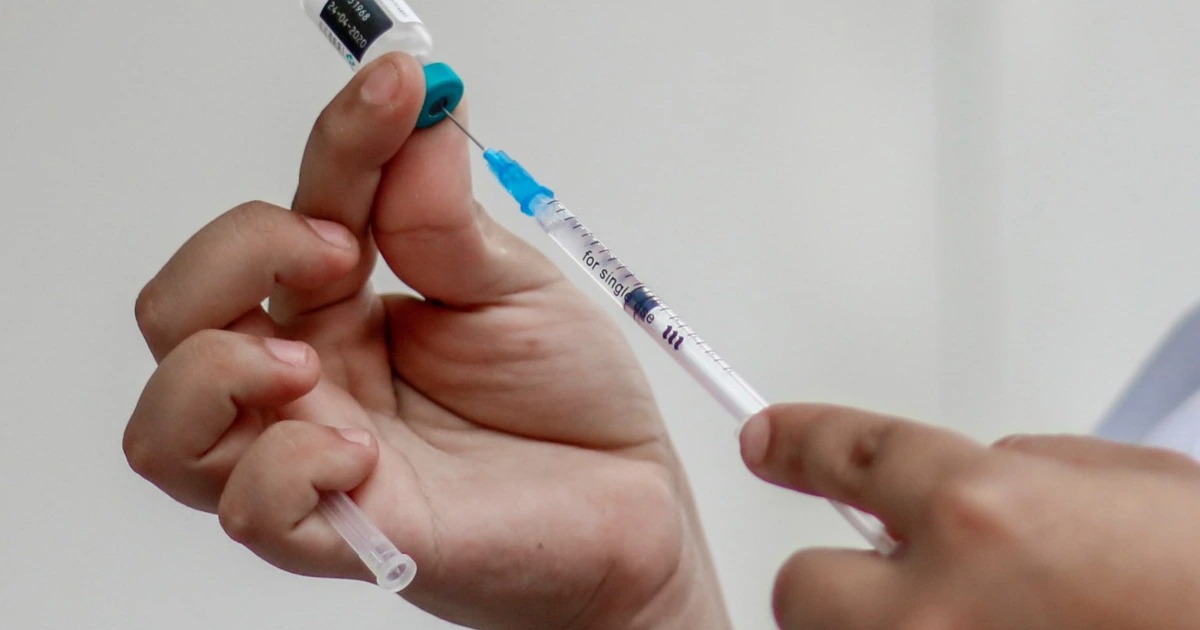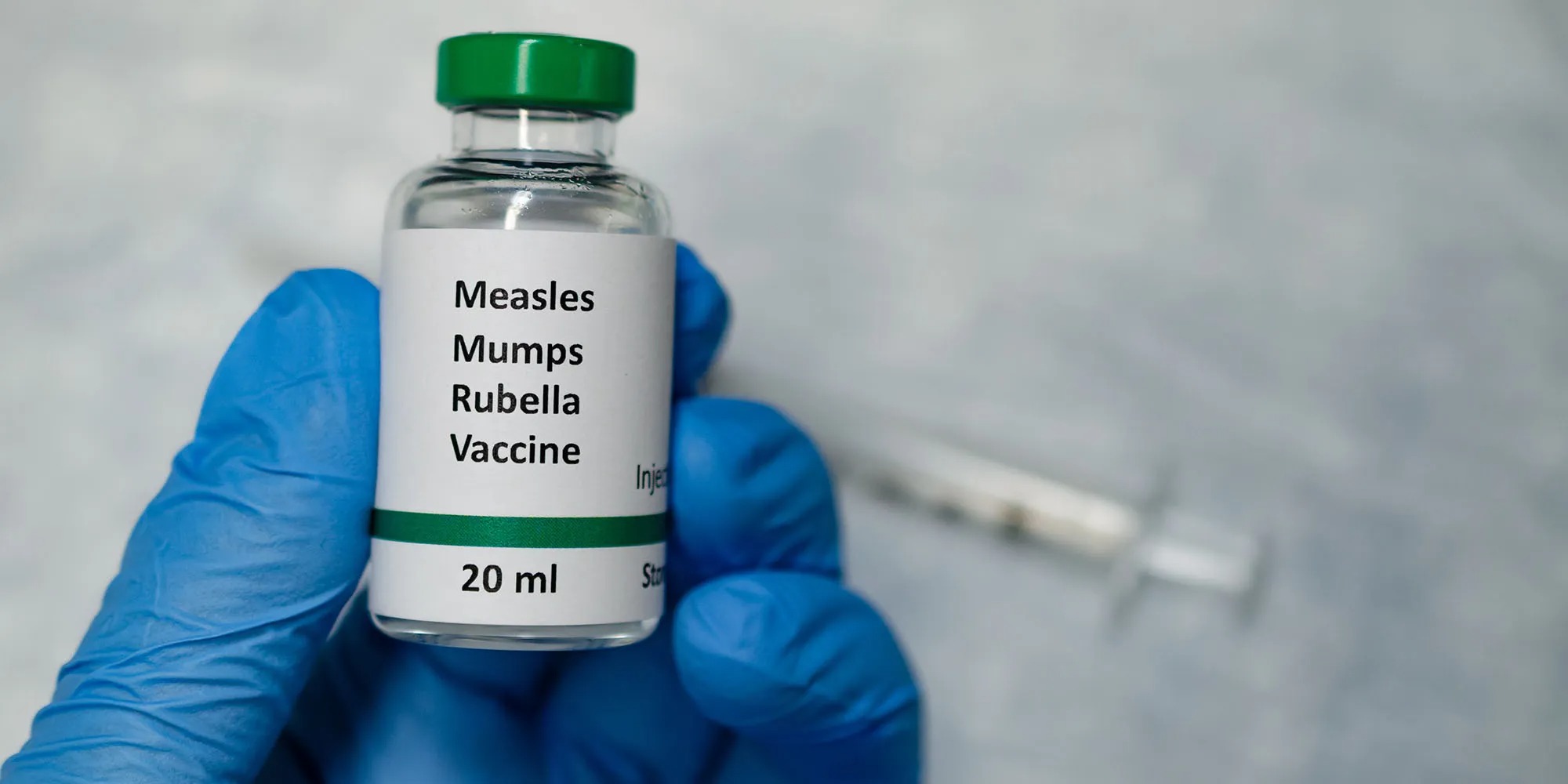Florida Surgeon General Joseph Ladapo’s decision to allow unvaccinated children to attend school during a measles outbreak has sparked controversy and concern among health experts.
Ladapo’s memo, which defers to parents’ decisions regarding school attendance, goes against the Centers for Disease Control and Prevention’s advice, which recommends that unvaccinated students stay home for three weeks after exposure to measles.
Measles is highly contagious and can lead to serious complications, including hospitalization and death. The CDC advises vaccination as the best protection against the disease, and most people who are not vaccinated are at risk of contracting measles if exposed to the virus.

Despite the safety and effectiveness of the measles vaccine, some parents choose not to vaccinate their children, leading to pockets of vulnerability in communities.
The decision to allow unvaccinated children to attend school during a measles outbreak has raised concerns about public health and community safety.
Health experts stress the importance of vaccination in preventing the spread of measles and protecting vulnerable populations, such as infants and those with compromised immune systems.
In response to the outbreak, Broward County’s local health department has been offering measles vaccines at affected schools. Vaccination within three days of exposure can significantly reduce the risk of contracting measles and spreading it to others.
The controversy over Ladapo’s decision highlights the ongoing debate surrounding vaccination and public health policy. While some argue for individual rights and parental choice, others emphasize the importance of community protection and the role of vaccination in preventing infectious diseases.
